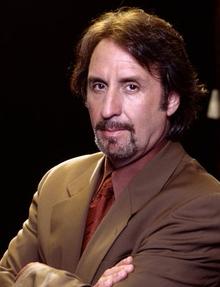A Quote by Zbigniew Brzezinski
War on terrorism reflects, in my view, a rather narrow and extremist vision of foreign policy for a superpower and for a great democracy with genuinely idealistic traditions.
Related Quotes
The world is now unipolar and contains only one superpower. Canada shares a continent with that superpower. In this context, given our common values and the political, economic and security interests that we share with the United States, there is now no more important foreign policy interest for Canada than maintaining the ability to exercise effective influence in Washington so as to advance unique Canadian policy objectives.
We need a leader who has a sense of balance, an understanding of the ebb and flow of history and a sense of our country's unique place in it. This is a foreign policy debate, and you cannot conduct foreign policy without a sense of what we are fighting for. And any President who can reduce the conduct of this country's affairs to a morning's attack by a bunch of demented fascists does not, in my view, understand what this great nation is all about.
We must not be afraid to define our enemy. It is Islamic extremist terrorism. I did not say all of Islam. I said Islamic extremist terrorism. Failing to identify them properly maligns decent Muslims around the world. It also sets up a fear of being politically incorrect that can have serious consequences. And it has.
Basically with the financing of the war economy America emerged as the great power that developed logically into a superpower. I am not going to explain to you the history of the Cold War because you certainly know it but what we see now is China as the rising economic superpower, one that is certainly moving forward.






























